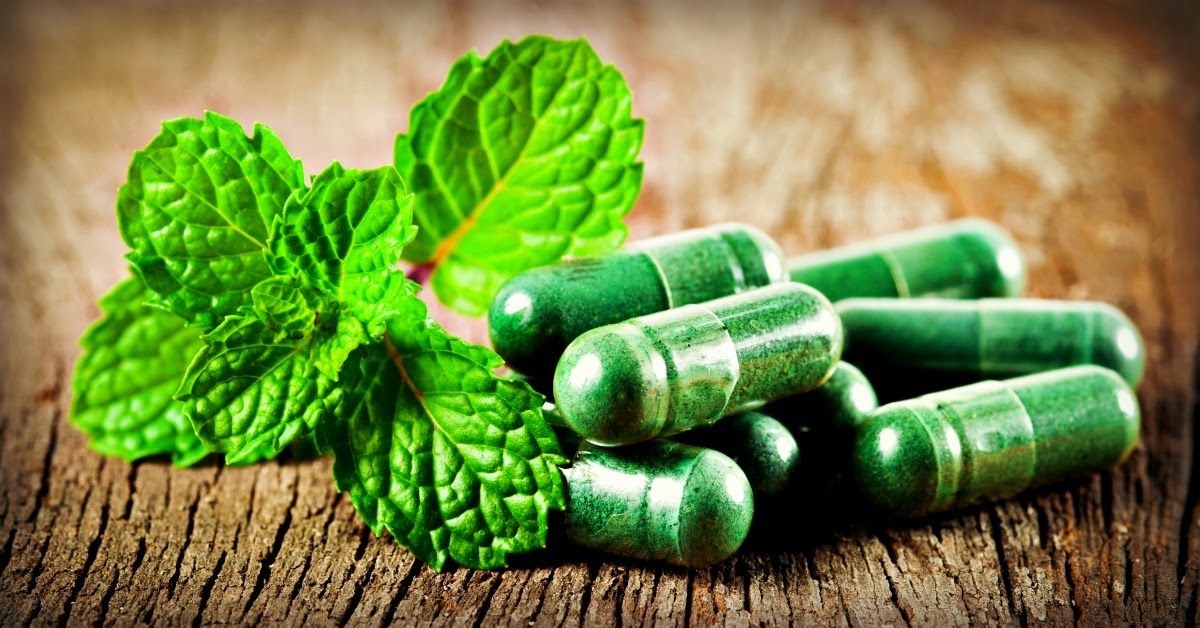In the quest for maintaining optimal health, especially during times of seasonal changes or increased susceptibility to illness, herbal supplements have gained popularity for their potential immune-supporting properties. These supplements, derived from various plants and herbs known for their medicinal benefits, are believed to bolster the body’s natural defenses against infections and promote overall well-being. This article explores some of the most commonly used herbal supplements for immune support, their benefits, and considerations for incorporating them into your wellness routine.
- Echinacea
Echinacea is perhaps one of the most well-known herbs for immune support. Native to North America, it has been traditionally used by Native American tribes to treat various ailments. Echinacea is believed to stimulate the immune system by increasing the production of white blood cells, which are essential for fighting off infections. It is commonly taken as a supplement in the form of capsules, teas, or extracts.
Studies on echinacea have shown mixed results regarding its effectiveness in preventing or treating the common cold. Some research suggests that it may reduce the severity and duration of symptoms, especially when taken at the onset of illness. However, more research is needed to conclusively establish its efficacy.
- Garlic
Garlic has been used for centuries not only as a culinary ingredient but also for its medicinal properties. It contains compounds like allicin, which have antimicrobial and immune-enhancing effects. Garlic is believed to stimulate the immune system by increasing the activity of immune cells that fight viruses and bacteria.
In addition to its immune-supporting benefits, garlic is also known for its cardiovascular and antioxidant properties. It can be consumed raw, cooked, or as a dietary supplement in the form of capsules or tablets.
- Elderberry
Elderberry is derived from the fruit of the elder tree (Sambucus nigra) and has a long history of use in traditional medicine, particularly for treating colds, flu, and sinus infections. Elderberries are rich in antioxidants and vitamins that support immune health.
Studies have suggested that elderberry extracts may help reduce the severity and duration of flu symptoms by inhibiting viral replication and modulating the immune response. Elderberry supplements are available in various forms, including syrups, lozenges, and capsules.
- Astragalus
Astragalus is a traditional Chinese herb known for its immune-stimulating properties. It is believed to enhance the body’s resistance to infections by boosting the production of white blood cells, which play a crucial role in immune defense.
Astragalus supplements are typically made from the root of the plant and are available in various forms such as capsules, extracts, and teas. Some studies suggest that astragalus may help reduce the frequency and severity of respiratory infections, although more research is needed to confirm these effects.
- Turmeric
Turmeric, a vibrant yellow spice commonly used in Indian cuisine, contains a compound called curcumin, which has potent antioxidant and anti-inflammatory properties. While primarily known for its anti-inflammatory benefits, turmeric also supports immune function by promoting the activity of immune cells.
Turmeric supplements are available in capsules or extracts, often combined with black pepper extract (piperine) to enhance absorption. Regular consumption of turmeric may help support overall immune health and reduce inflammation throughout the body.
- Ginseng
Ginseng is a popular herb in traditional Chinese medicine known for its adaptogenic properties, which help the body adapt to stress and support overall vitality. Ginseng is believed to enhance immune function by regulating immune responses and increasing the production of immune cells.
There are several types of ginseng, with Panax ginseng (Asian ginseng) and Panax quinquefolius (American ginseng) being the most widely studied for their immune-supporting benefits. Ginseng supplements are available in various forms, including capsules, extracts, and teas.
Considerations for Use
While herbal supplements can offer potential benefits for immune support, it’s essential to use them wisely and consult with a healthcare provider, especially if you have underlying health conditions, are pregnant or breastfeeding, or are taking medications. Some herbs may interact with medications or have side effects in certain individuals.
Furthermore, herbal supplements are not regulated in the same way as prescription medications, so quality and safety can vary between brands. Look for supplements that have been tested by independent third-party organizations for purity and potency.
In conclusion, incorporating herbal supplements into your wellness routine may provide additional support for immune health, alongside a balanced diet, regular exercise, and good hygiene practices. Be informed, stay healthy, and consult with a healthcare professional to determine the best approach for your individual needs.
